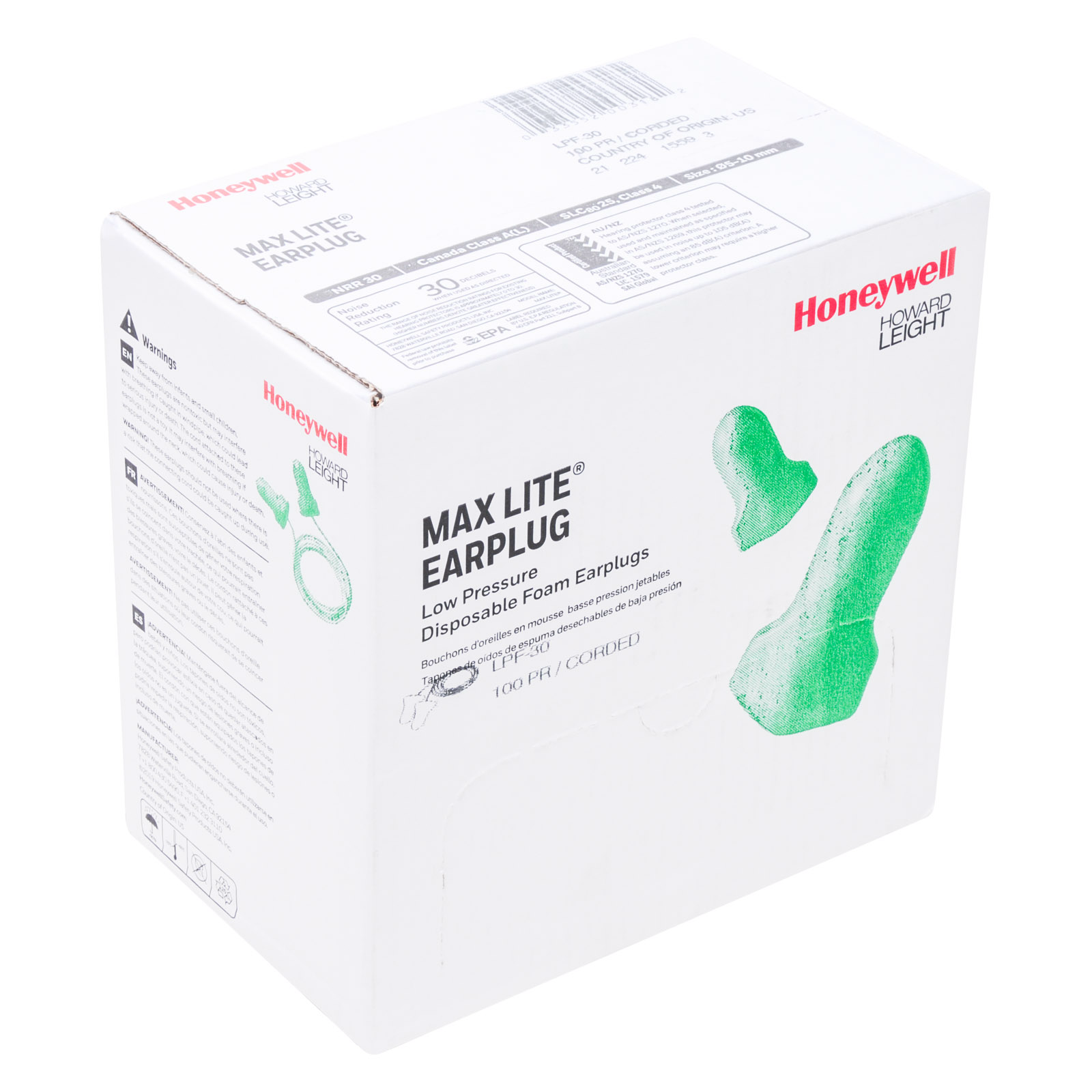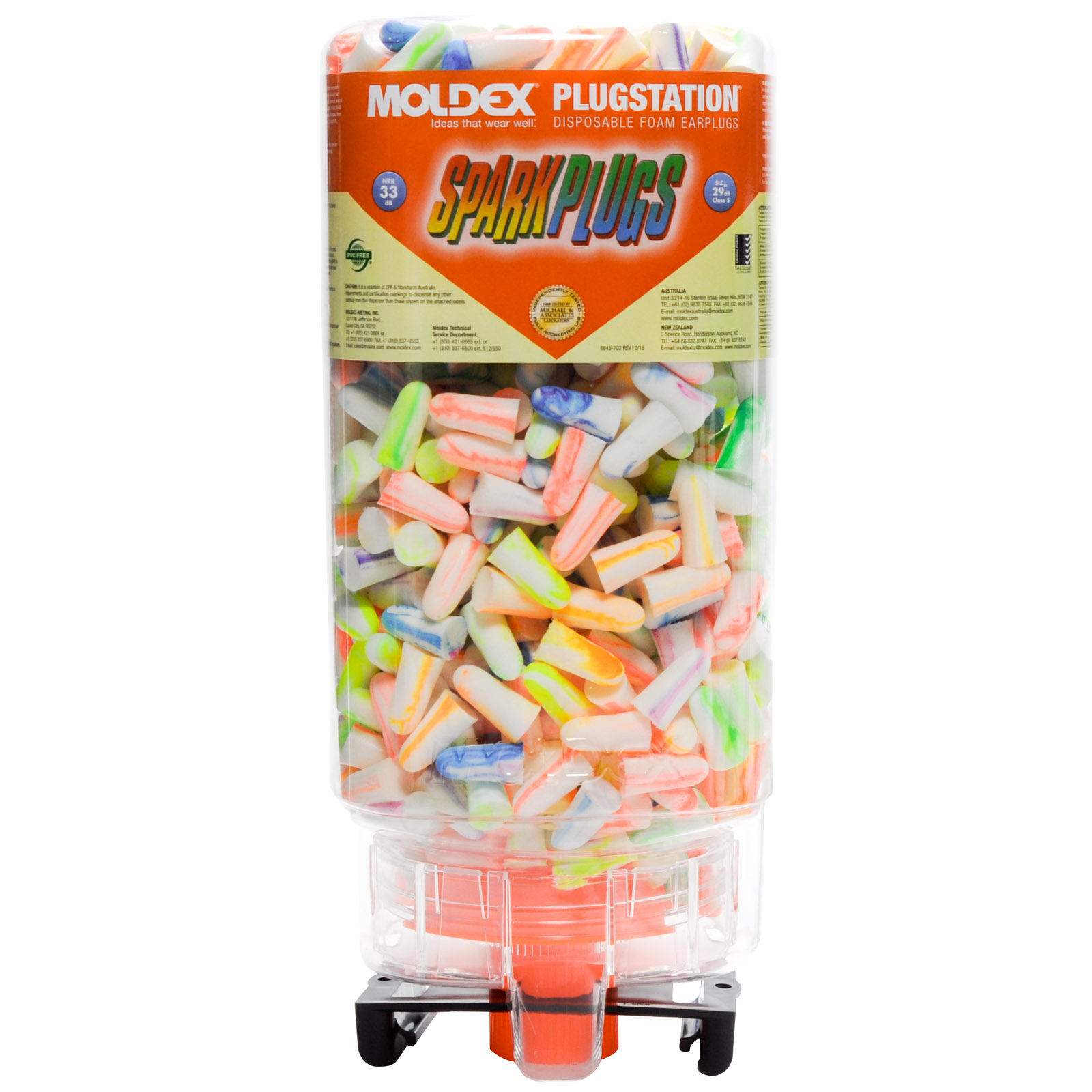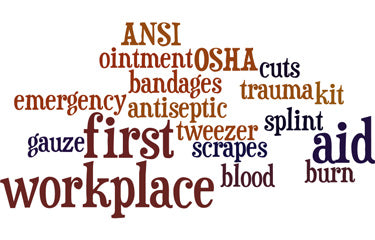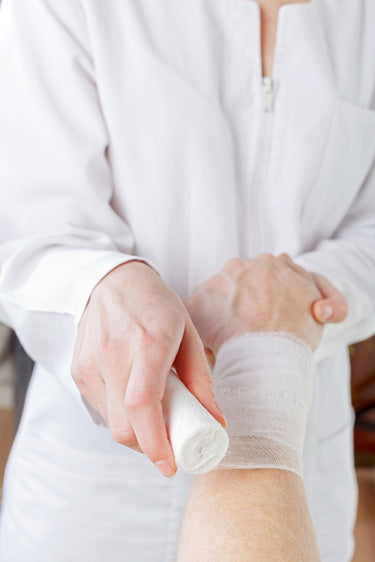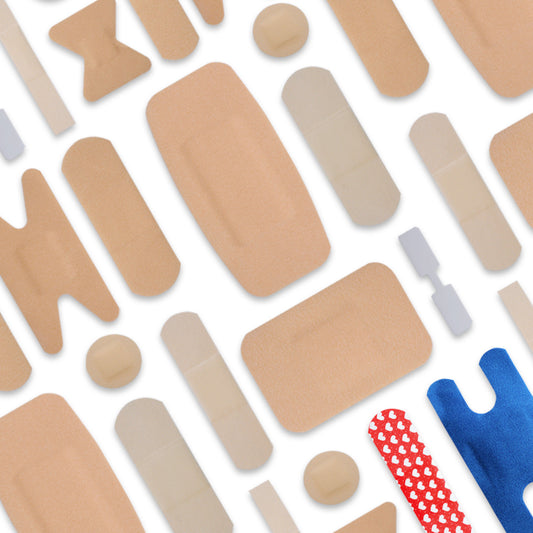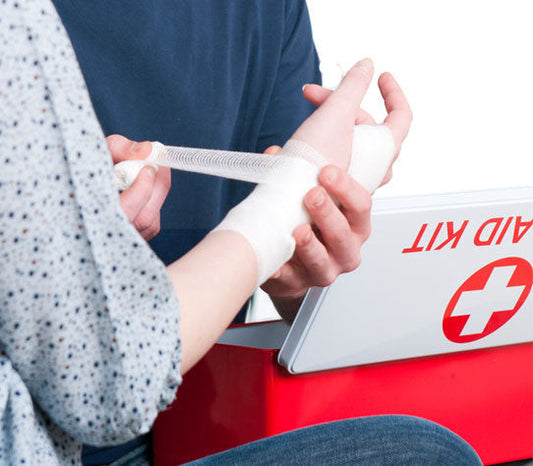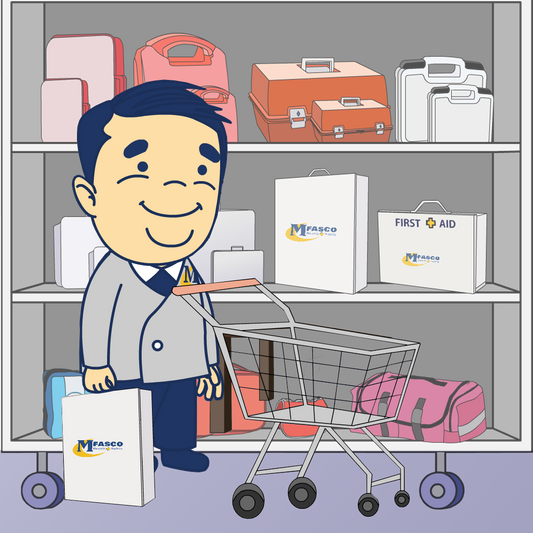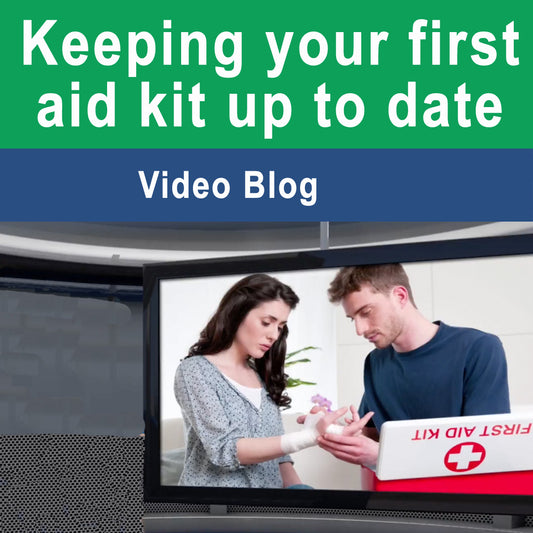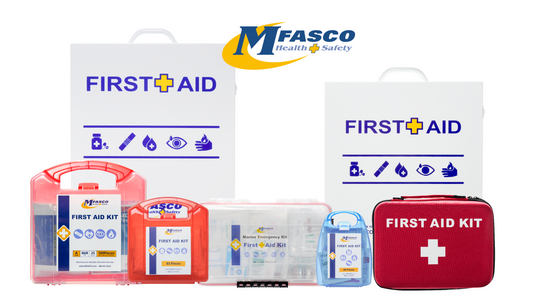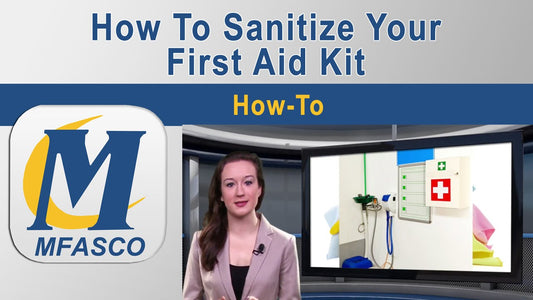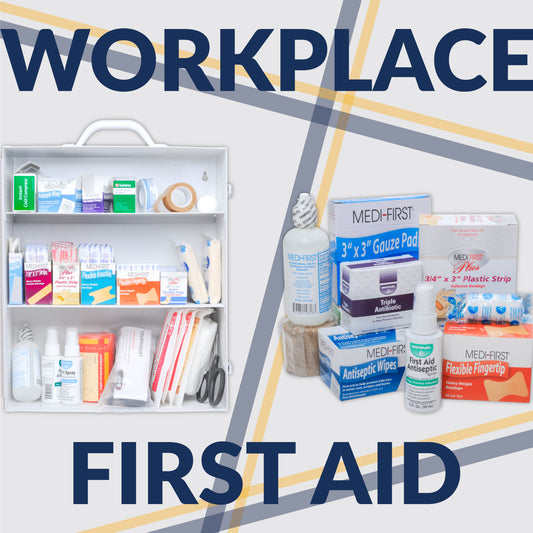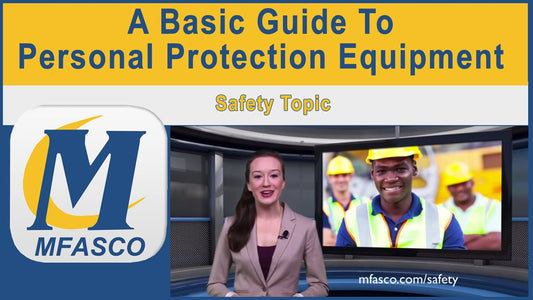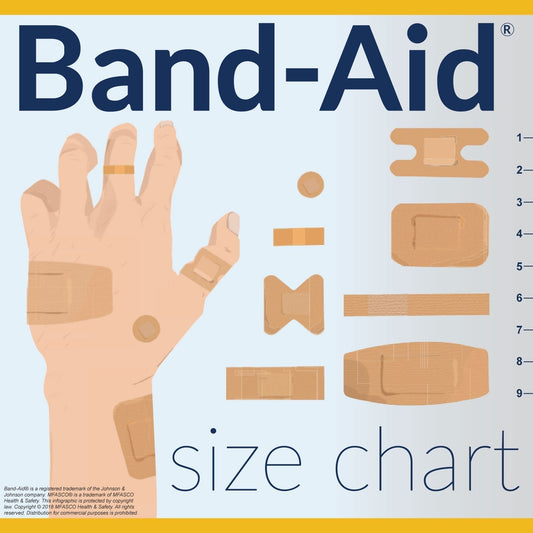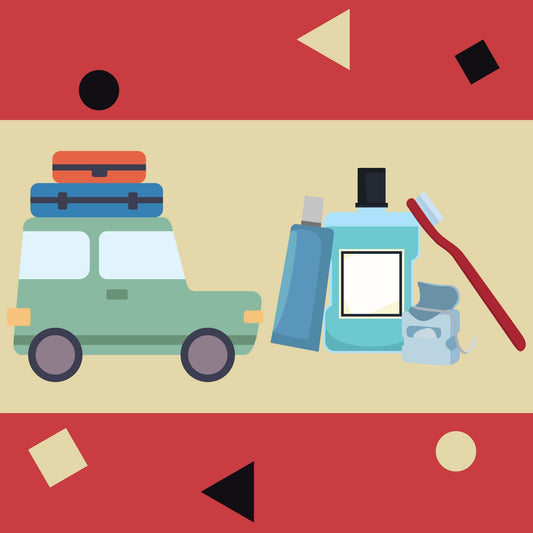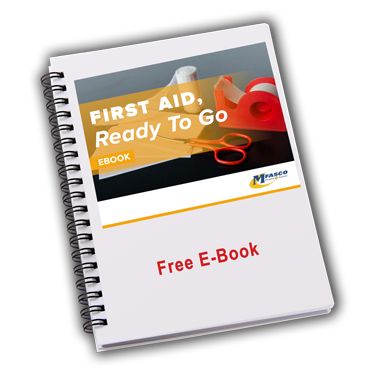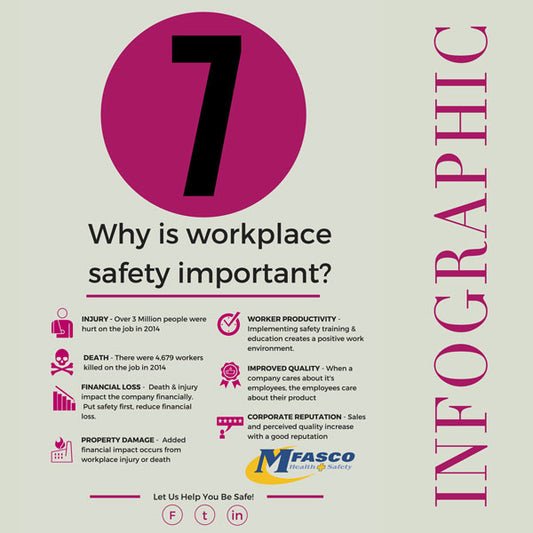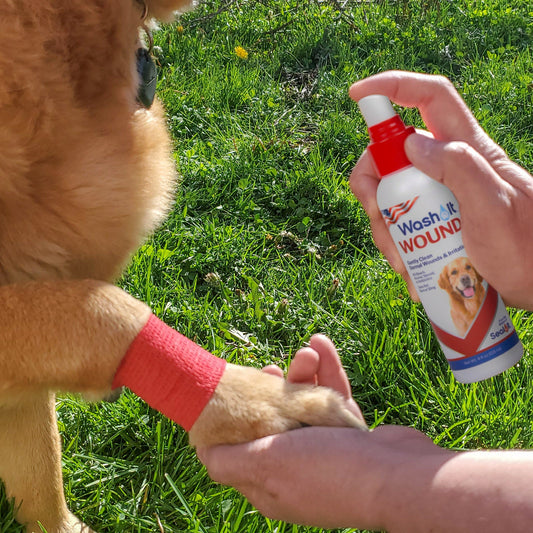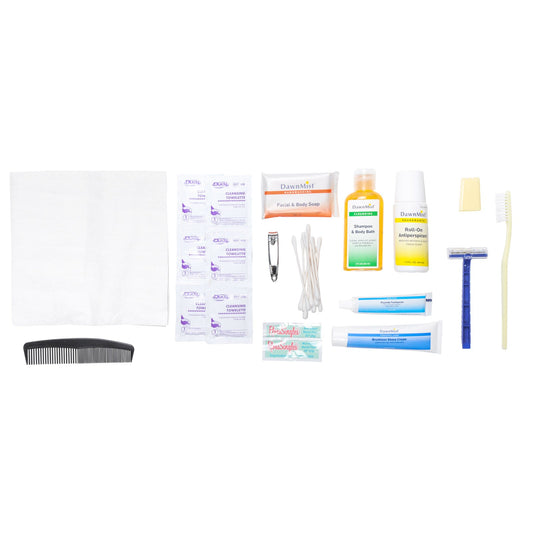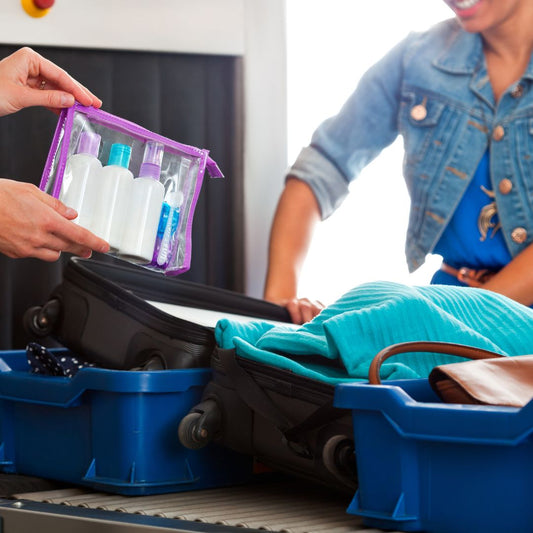What Causes Hearing Loss?
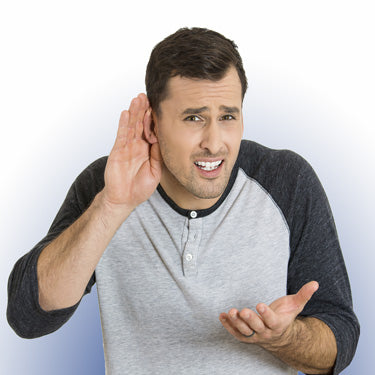
What causes hearing loss?
One out of every 10 people you walk by on the streets of America has hearing loss. Not just some hearing loss but enough to affect their ability to understand what someone is saying to them. Most people think that older people are the ones who have this problem Yes, age-related hearing issues are the most common group but those who are exposed to loud noise are also affected. So, for the employee working in the factory or the weekend warrior cutting the grass, beware of loud noises. This article will look at how we lose our hearing and what we can do to prevent it from occurring.
How do we damage our hearing?
Sound is a series of frequencies that cause vibrations within the inner part of our ear. Small bones vibrate, causing nerve impulses to fire off information to the brain where we process the sounds. Really loud noises damage the nerve endings in the inner ear. This damage is permanent. Common sense tells us that the louder the sound, the more potentially damaging it is to our hearing.
How can I tell if the noise is too loud?
There are several signs that the environment you are in is too loud. If you feel discomfort or ringing in your ears the sound may be damaging. If you have to yell to be heard, this is another sign the sound around you is potentially unsafe. The good news is we are able to measure the noise. The levels are measured in decibels. There are plenty of free decibel apps out on the internet. Download one to your smartphone and give it a try.
Examples of dangerous noise
Looking at the decibel meter, it's interesting to see the meter move as you are exposed to various noises. The average conversation should be around 60 decibels. Loud car or street noise can be 80-90 decibels. Night clubs, loud factories, and construction usually range between 85-110 decibels. For the extreme comparison, airport ground staff are exposed to noise levels of 140 decibels and higher. Monitor your environment and get an idea of what you are being exposed to on a daily basis. We wrote an article titled "5 Jobs That Can Cause Hearing Loss". You might want to check it out.
What is a dangerous, damaging level?
The examples above that have noise levels louder than 80 decibels of noise are potentially dangerous. Short bursts of noise are not as damaging as continuous noise levels over a longer period of time. OSHA, the federal agency that protects American workers has said that workers should not be exposed to noise that is over 100 decibels for longer than 15 minutes per day. the highest permissible noise level allowed by OSHA for an 8-hour work period is an average of 90 decibels.
How can I lower the noise level?
First and foremost, reduce the noise level if possible. There is a great article about If you can’t engineer out the noise then wearing hearing hearing protection is the next step. There are several different types of hearing protection. Ear muffs, caps, or plugs can be used to significantly reduce the noise. In some cases, noise levels can be reduced by 35 decibels. Now, the noisy lawn mower that is 100 decibels is lowered to 75 or 80 decibels. Doubling up and wearing a muff and plug will not double the protection. Say a muff has an NRR (noise reduction rating) of 25 and a plug also has a 27 NRR. You won’t be blocking out 50 decibels of noise when you wear both the plug and muff at the same time. The rule of thumb is to take the highest rating (27) and add 5 decibels. So, by doubling up your NRR will be 32.
Did I already damage my hearing?
Hearing loss isn’t something that usually just happens. Signs of hearing loss usually develop over a longer period of time. Signs of hearing loss may begin to appear which include ringing in the ear or simply not clearly hearing as well as you used to. Surrounding noise becomes a nuisance when you are trying to listen to someone talk to you. Consult your doctor about your hearing to determine the best course of action. Wearing hearing protection won’t harm your hearing so be proactive and protect the hearing you do have.
Hearing Loss Prevention Products & Accessories
Hearing Loss Prevention Products
Disposable Foam Ear Plug Products
Ear Muff Products
Additional Resources for Hearing Loss Prevention
What is Noise Induced Hearing Loss?
How To Select & Care for Hearing Protection
4 Ways To Protect Your Hearing in a Workplace Setting
Contributing Expert

Mike Brinker
Mike Brinker has been working in the first aid industry for over 35 years. He has worked with thousands of businesses,groups, and organizations to provide a healthy and safe work environment. Mike helped create “Make-A-Kit”, the internet's only online first aid kit creation tool. He has also authored many helpful first-aid and safety-related resource articles found at the MFASCO Learning Center.

